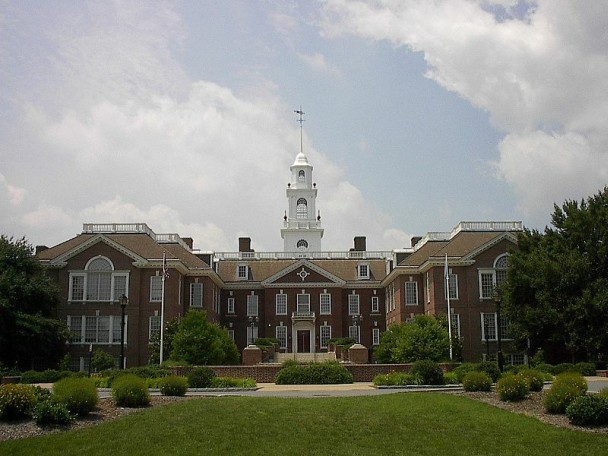

Delaware’s State Senate passed an important bill authorizing several forms of online gambling on Wednesday, including provisions for online poker.
House Bill 333, the Delaware Gaming Competitiveness Act of 2012, passed on a 14-6 vote, with one abstention. The bill needed thirteen “aye” votes to clear the three-fifths majority needed for passage.
Upon signing, Delaware will become the second state to formally authorize online poker, following Nevada’s lead. Industry estimates suggest only a few thousand of Delaware’s 900,000 residents previously played for real money on offshore poker sites. But in a fully authorized, state-regulated online site it may attract 25,000 or more.
Two amendments to the bill were torpedoed before the official vote. The first, an amendment which literally would have turned the bill into an almost-blank document, was voted down by the same 14-6-1 split seen in the final vote.
The failed Senate Amendment 1, in addition to striking the entirety of HB 333’s language, also included a 2% tax break for parimutuel operators, an enticement attempting to split apart the coalition supporting the bill.
David Lawson (R-Marydel), a former Delaware state trooper who lobbied against the bill, was the amendment’s primary sponsor. A second opponent of the bill, Sen. Colin Bonini (R-Dover), planned to abstain but cast an “aye” vote after HB 333’s passage became evident.
Lacking Bonini’s switch, the bill would have failed passage if voted on on Tuesday, despite being favored by a projected 12-6-2 count among those present to vote.
A second amendment, sponsored by Sen. Bruce Ennis (D-Smyrna), sought to boost payments made to horse racing operators from online operators to the same 10.75% rate paid by the state’s three existing racetrack/casino operations, but was stricken before reaching a vote.
HB 333, as passed, represents the exact version of the bill previously passed by Dover’s state House.
From here the bill moves to the desk of Governor Ed Markell, who has signaled his support for the legislation and is expected to sign it into law.

